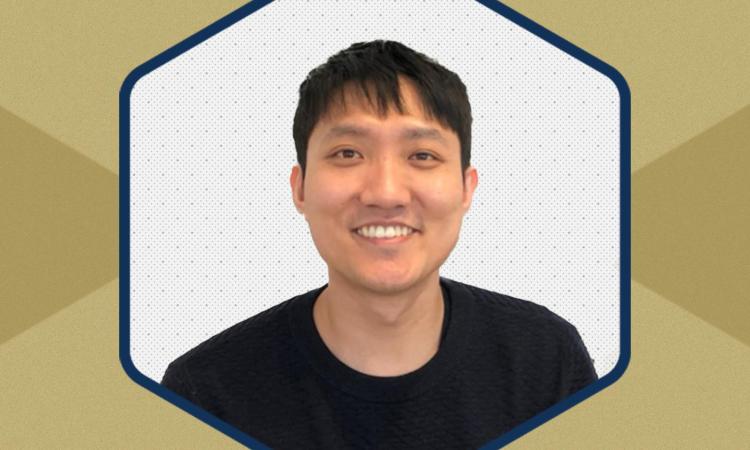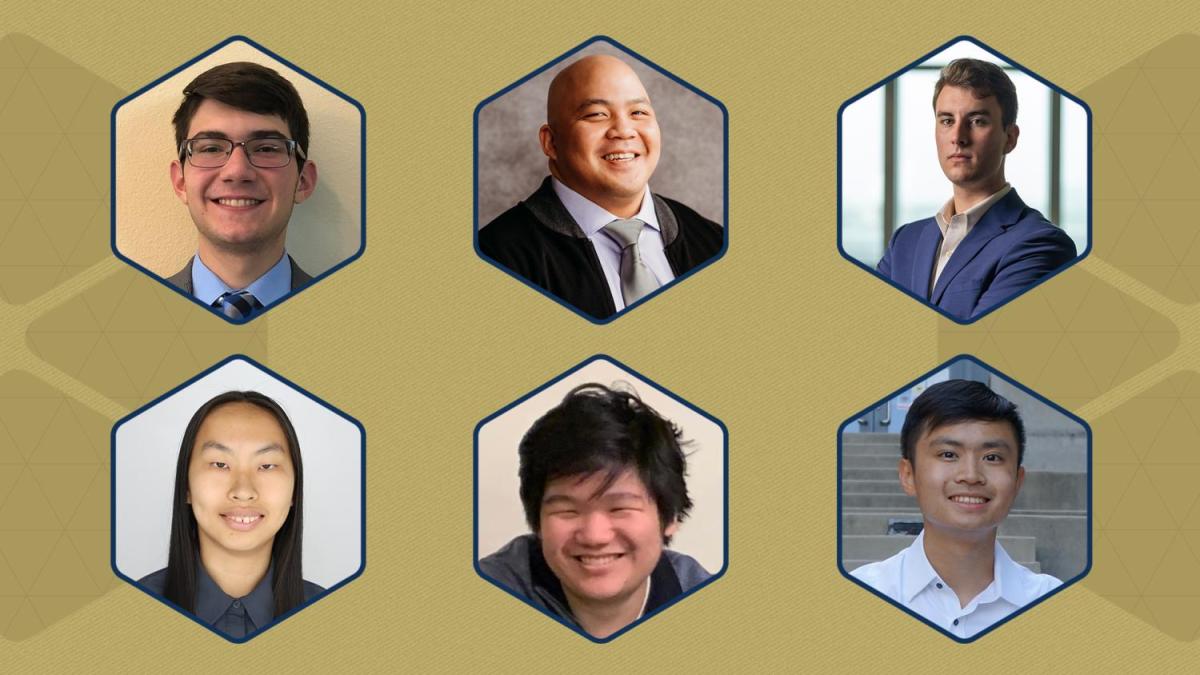
Seven graduates from the Georgia Tech School of Electrical and Computer Engineering (ECE) received the National Science Foundation’s (NSF) Graduate Research Fellowship (GRFP) in 2024.
The GRFP recognizes and supports outstanding graduate students who are pursuing research-based master’s and doctoral degrees in science, technology, engineering, and mathematics (STEM) and STEM education fields within NSF’s mission.
This year’s winners from ECE were Adrian Alfonso Candocia, Michael John Cho, Ashley Alexus Goodnight, Robert Patrick Pesch, Amanda L. Tang, Albert Ting, and Darin Tsui.
The total value of the funding is over $1,000,000 for the duration of the three-year fellowship.
There were 60 total winners from Georgia Tech, with 46 coming from the College of Engineering.
This continues a strong tradition of GRFP recipients within ECE. School staff held six workshops for students during the 2023 Fall semester, helping applicants with their personal statements, research proposals, and general application needs.
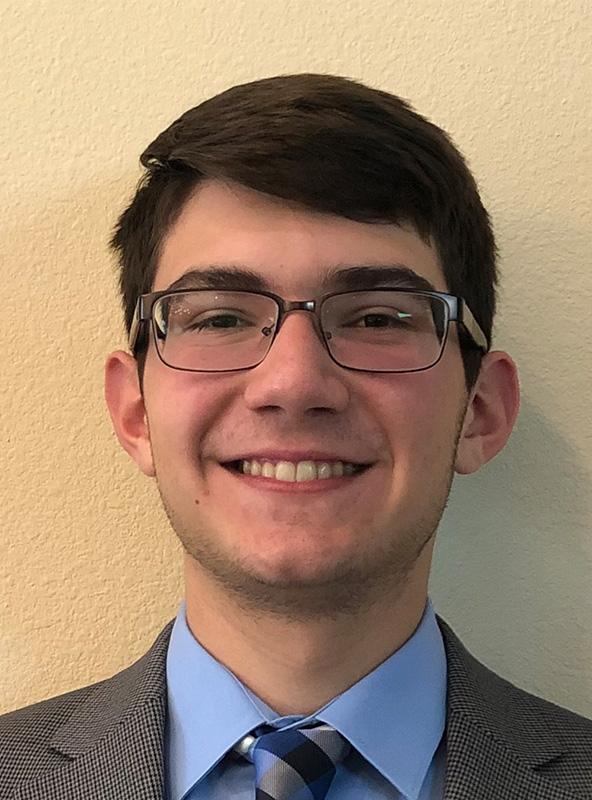
Adrian Candocia
The research Candocia proposed explores using a neural network filter to remove antenna receiver front end nonlinearities (like A/D clipping effects) in a beam forming system. The idea is to use a nonlinear filter (e.g. a neural network) to remove the nonlinear receiver effects.
Michael Cho
Cho proposed research that focuses on improving cardiovascular health monitoring by optimizing the processing of photoplethysmogram (PPG) and seismocardiogram (SCG) signals using a federated learning (FL) framework. By adapting the various deep learning techniques to denoise these biosignals and developing a purpose-built FL framework, this project aims to enhance diagnostic precision while maintaining patient privacy. Through rigorous simulations and comparison with centralized machine learning methods, this research seeks to demonstrate the advantages of decentralized learning in terms of accuracy, privacy preservation, and real-time responsiveness in cardiovascular health applications.
His advisor is Professor Omer Inan.
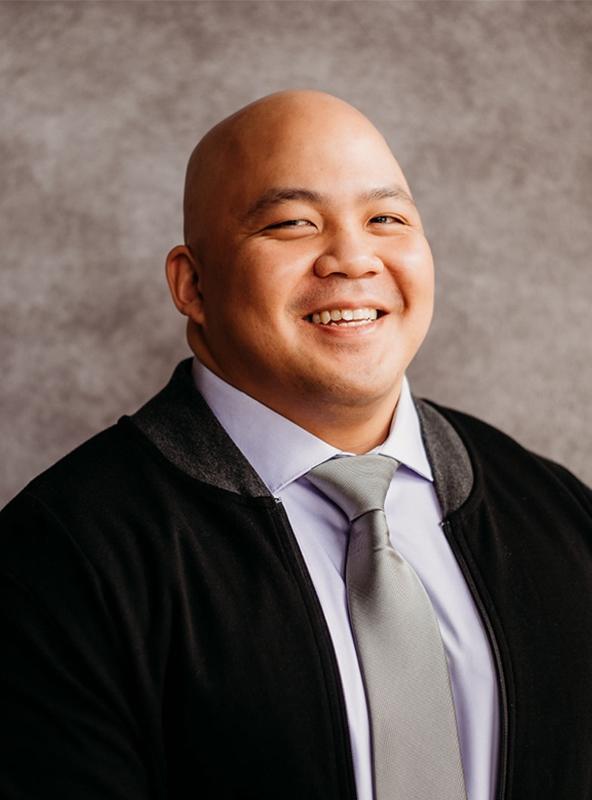

Robert Pesch
Under the direction of his advisor, ECE professor Stephen Ralph, Pesch’s research centers around finding novel methods and developing cutting-edge tools to co-design and co-optimize electronic-photonic integrated circuits for applications in signal processing, machine learning, and electronic warfare. The proposed work will initially focus on the design and fabrication of matched RF amplifier and modulator systems for integrated optical communication systems
Amanda Tang
Tang’s research hopes to develop substantially better contacts for recently demonstrated semiconducting AlN and to lead to novel semiconductor switches. While silicon remains as industry’s most popular semiconductor of choice, III-Nitrides are a promising material for the future due to properties including a broad bandgap range for bandgap engineering from infrared (InN) to ultraviolet (AlN), superior radiation hardness, higher breakdown voltages, and high thermal conductivity. Within the III-Nitrides family, ScAlN is a new variant of particular interest due to its superior ferroelectric and piezoelectric properties.
She is advised by Professor William Alan Doolittle.
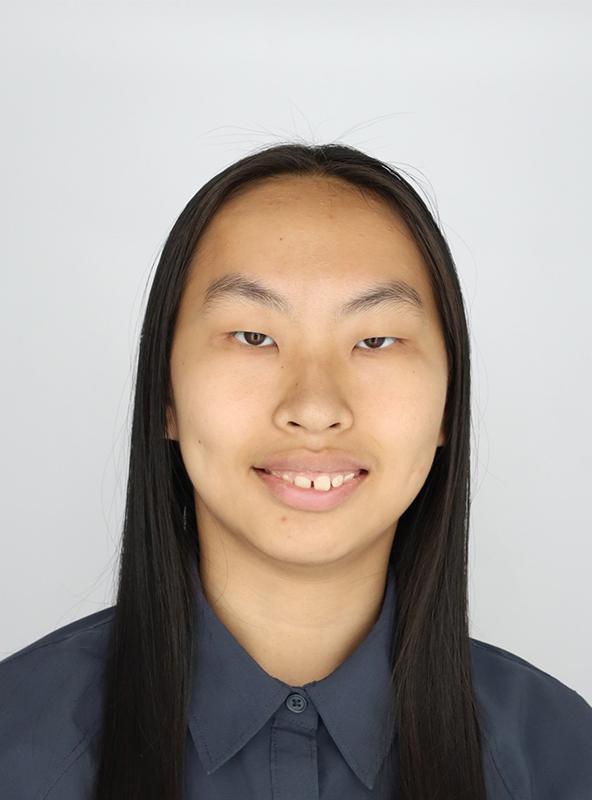
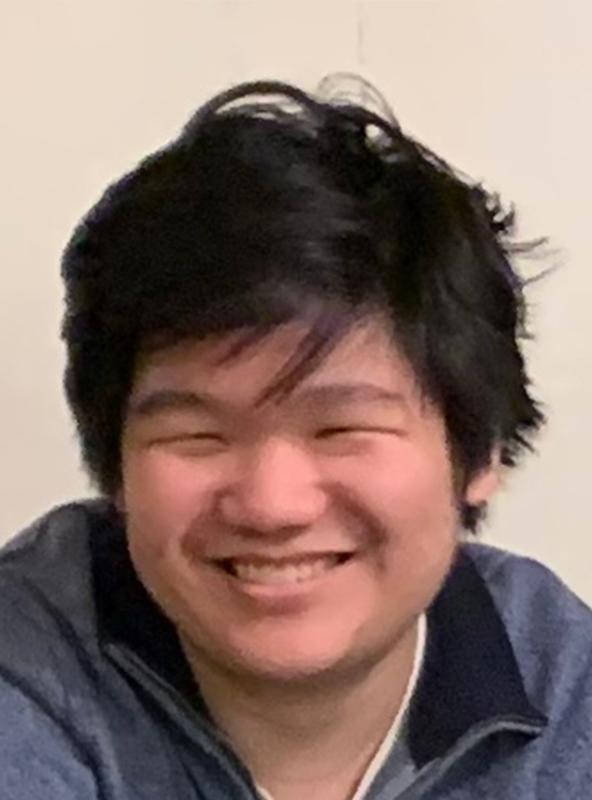
Albert Ting
Ting’s proposal to the NSF was about creating and deploying a neuromorphic, low power, online algorithm that can construct an effective model of an environment based on a joint high-dimensional vector embedding of the robot's sense data and actions. The algorithm is loosely based on how place cell and grid cell neurons function in the brain.
Darin Tsui
Tsui’s proposed research aims to bridge knowledge gaps in bioinformatics using generative modeling and signal processing. By developing deep generative models in tandem with variant discovery algorithms inspired by the Fourier transform, I aim to uncover mutational interactions that govern the rules of biology at a large scale.
He is advised by ECE assistant professor Amirali Aghazadeh.
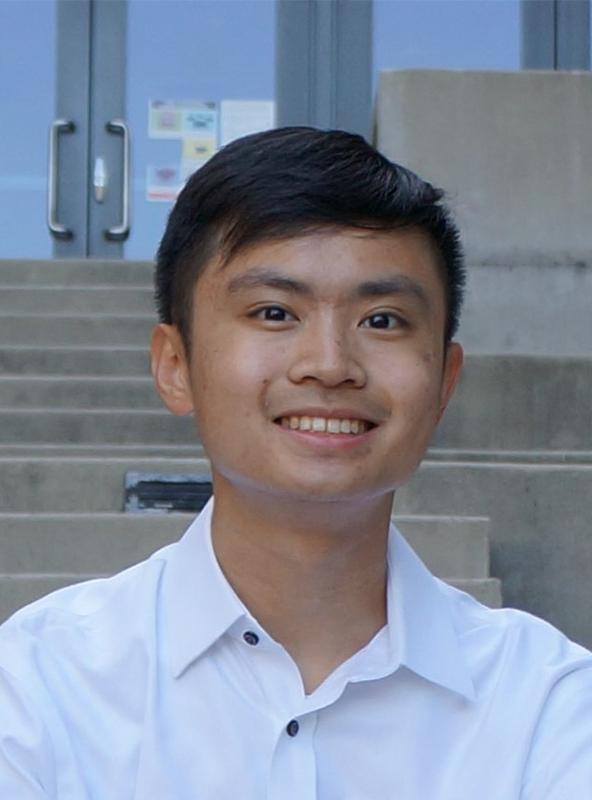
Learn more about the NSF GRFP here.
Related Content
Four ECE Students Receive Prestigious Department of Defense Research Fellowship
The three-year fellowship encourages promising U.S. scientists to pursue doctoral degrees, furthering their respective research interests.
Kwak Receives ISCAS Grant for Novel Power-Efficient Memory Design for Computing
The ECE Ph.D. candidate was one of 10 people to receive the grant. The design aims to reduce energy consumption when performing power-intensive processes, like AI computing.

